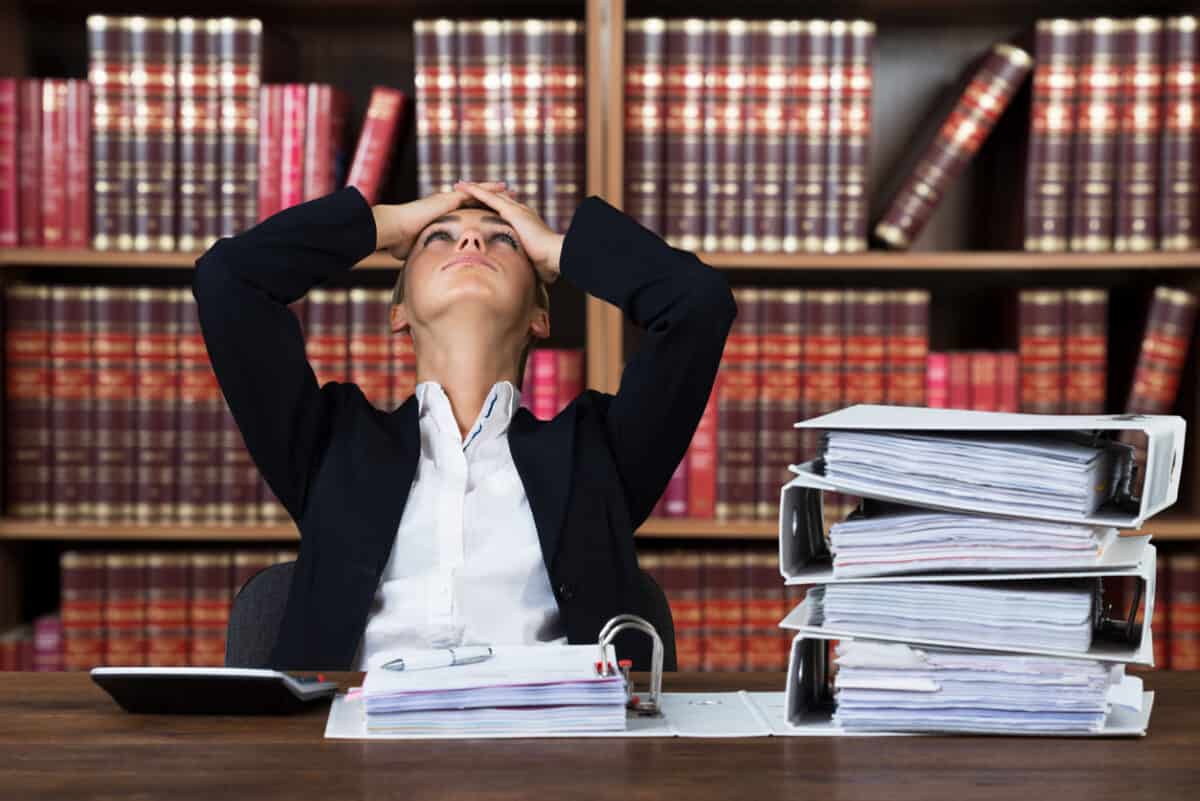A New Work Relations Architecture is a radical book for Australia. Radical because its authors are proposing industrial relations reform, and Australia has had very little of this since Prime Minister John Howard‘s attempt with Workchoices in 2005. Radical also because it has taken inspiration from the Robens approach to occupational health and safety (OHS) laws.
The new “architecture” (thankfully, the cliche of “ecosystem” was not used) is described as:







